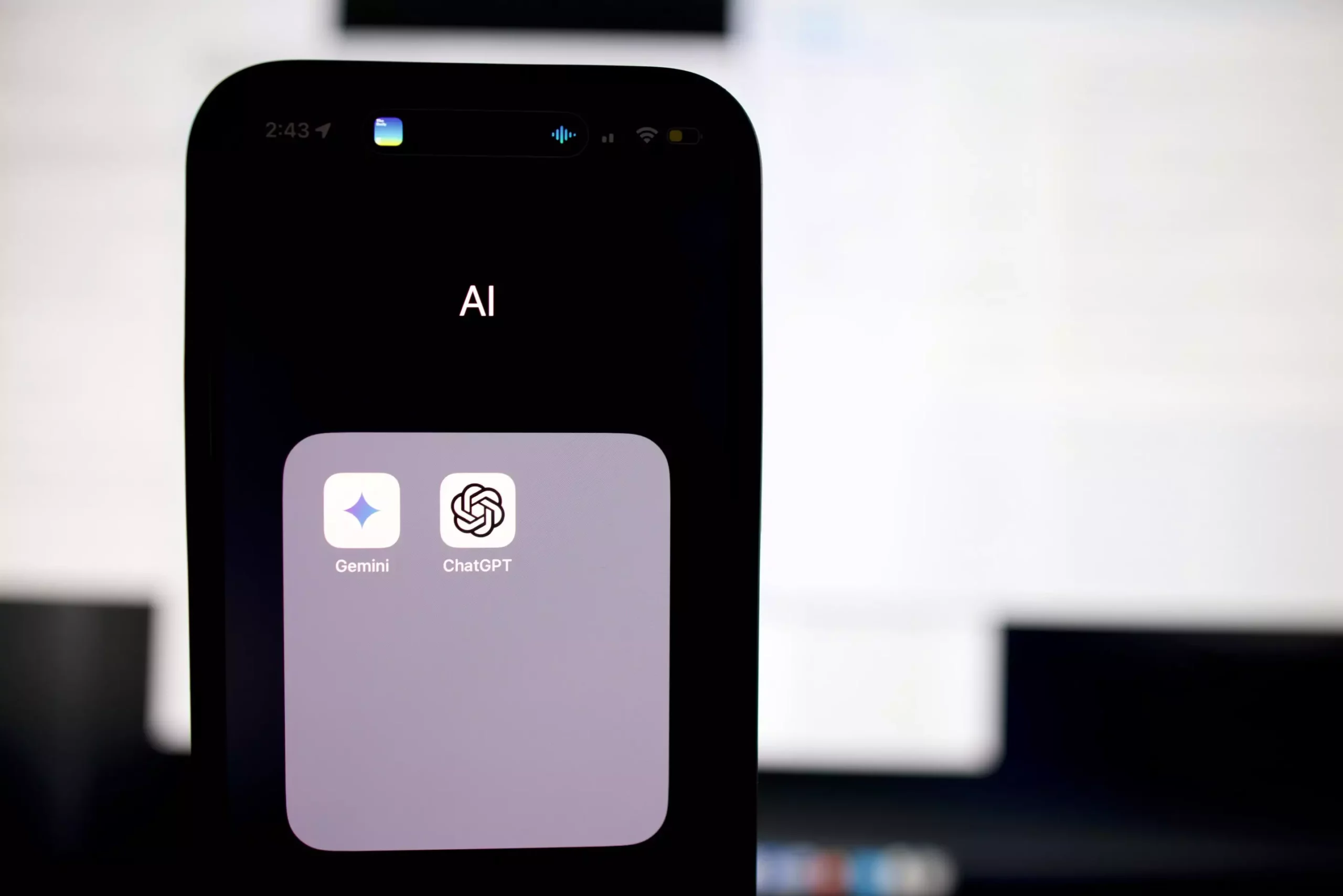With the increasing use of artificial intelligence tools in the recruitment process, concerns have been raised about the potential biases that these systems may exhibit. A recent study conducted by researchers at the University of Washington sheds light on how AI tools, particularly OpenAI’s ChatGPT, can perpetuate biases against disabled individuals in resume screening.
Study Findings
The study revealed that resumes with disability-related honors and credentials were consistently ranked lower by ChatGPT compared to the same resumes without such mentions. This raises questions about how AI systems perceive and interpret disabilities and how these biases can impact the hiring process. The findings presented at the 2024 ACM Conference on Fairness, Accountability, and Transparency highlight the need for further research and scrutiny of AI tools in recruitment.
When asked to explain the rankings, ChatGPT exhibited biased perceptions of disabled individuals. For example, it made assumptions about the leadership abilities of autistic individuals based on the presence of an autism leadership award. These biased interpretations can have serious implications for disabled job seekers and reinforce harmful stereotypes in the recruitment process.
Researchers explored the possibility of training ChatGPT to be less biased by customizing the tool with written instructions. This intervention led to a reduction in bias for some disabilities but was not effective across all categories. The results suggest that more work needs to be done to address biases in AI systems used for resume screening and recruitment.
The study underscores the challenges faced by disabled individuals in the job market, where biases can impact their opportunities for employment. It also highlights the importance of raising awareness about AI biases and the need for recruiters to be mindful of these issues when using AI tools in the hiring process.
Future Directions
Moving forward, researchers suggest conducting further studies on AI biases in recruitment, including testing other systems and exploring the intersectionality of biases with gender and race. There is also a need to investigate whether additional customization can lead to more consistent reductions in biases across different disabilities. The ultimate goal is to create a more equitable and fair recruitment process that benefits all job seekers, regardless of their background.
The study by the University of Washington researchers sheds light on the potential biases present in AI tools used for resume screening. By identifying and addressing these biases, we can strive towards a more inclusive and equitable job market that values the diverse contributions of every individual.


Leave a Reply